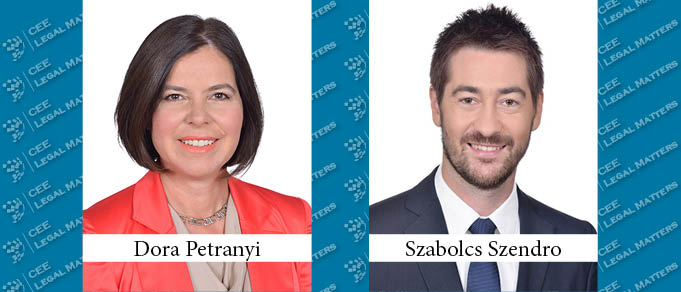Some experts say that “data is the new oil,” but oil can catch fire easily without proper handling. When you hear concerns about the collection of personal data, you might first associate them with data protection regulations, but competition law can also seriously affect your business. Competition authorities have intervened recently against platforms by using patterns that might be widely applied to other companies. Is this just the beginning? Who is in danger?
The phrase “data is the new oil” is used frequently because data has started to mean power – a meaning that oil used to enjoy. In recent years, personal data has become the most valuable kind of data, which has also led to increasing market power in a new area of economic competition. Increasing market power has also drawn the attention of government agencies, which require special responsibility be taken to ensure that it will not be abused or misused. The main problem here is that there is no clear case law on what these expectations mean in practice.
This problem is being handled in different ways. European privacy regulators have created a new regime, the General Data Protection Regulation, and some experts continue to urge governments to introduce new regulatory powers (see, for instance, the UK’s Competition & Markets Authority). The other alternative is to fit the problem into an existing regime. This latter group of competition authorities concluded that the alleged misuse of powerful data could lead to two key problems: (i) abuse by potentially dominant companies; and (ii) consumer behaviour being falsely influenced, even if the company is not dominant.
From this perspective, it is perhaps not surprising that – similar to privacy challengers – competition authorities also focused on one of the world’s largest databases: Facebook. All over the world, Facebook has been investigated and several times has been found liable. These cases can be considered pilot projects for the future. The two competition authority approaches described above are adequately reflected in these Facebook investigations. The primary ground-breaking abuse-of-dominance decision came from Germany, and the Hungarian authority recently confirmed a consumer-misleading case. These two cases, considered together, help us to foresee a new era with more concrete expectations.
The German competition watchdog banned Facebook for combining user data from various platforms and using them for its advantage. In the authority’s view, Facebook forced consumers to agree to vague data collection from both within and outside its platform (e.g., from Instagram, WhatsApp, and third-party sources). Although the decision is under judicial review, so far it seems that the courts will support the watchdog’s position, as Germany’s highest court last month approved the enforcement of the interim decision.
The Hungarian competition authority went further and fined Facebook for misleadingly advertising that “Facebook is free and always will be.” Contrary to this promise, the authority established, Facebook monetized the user information it had gathered by selling it and displaying targeted commercials. Therefore, the Hungarian body held that Facebook was not, in fact “free,” as users paid for the service with their user data. This action follows the European Commission’s earlier procedure resulting in the addition of more clarification to Facebook’s terms regarding its use of data. The Hungarian competition authority has followed the same pattern consistently, and it has initiated a similar investigation against Viber this year to determine whether it is indeed free of charge.
Given the above, we can easily conclude that if you collect and monetize data – if, for example, you are a FinTech company that collects purchase data and then sells and targets direct advertising out of this information without its consumers’ prior consent, or a drugstore that gives access to free promotions, but requires consumers to complete questionnaires to be used in the future – you might be at risk..
Although it is almost impossible to predict the next steps, we can be sure that competition authorities are among the strictest enforcement bodies with adequate toolkits. In the future, we anticipate that these competition authorities will act even more effectively, levy ever-higher fines, and require adequate preventive steps from the relevant companies in response to these new challenges.
By Dora Petranyi, Partner, and Szabolcs Szendro, Senior Counsel, CMS Budapest
This Article was originally published in Issue 7.8 of the CEE Legal Matters Magazine. If you would like to receive a hard copy of the magazine, you can subscribe here.


